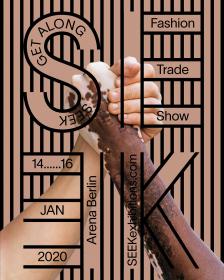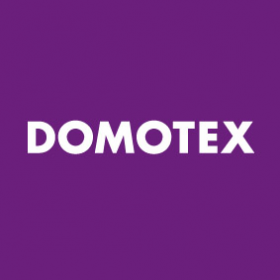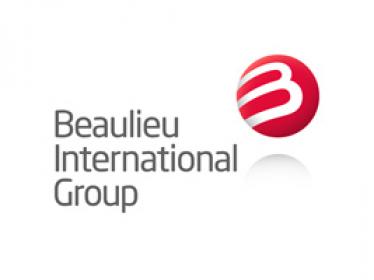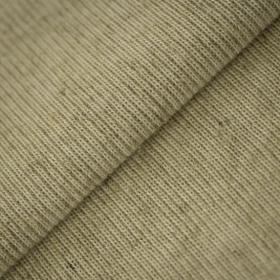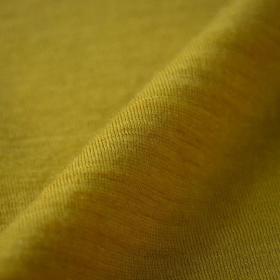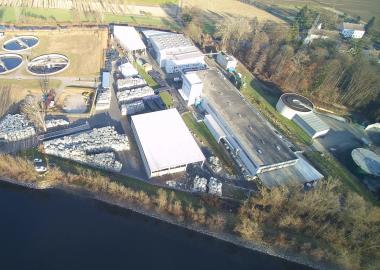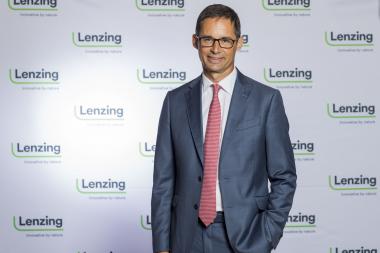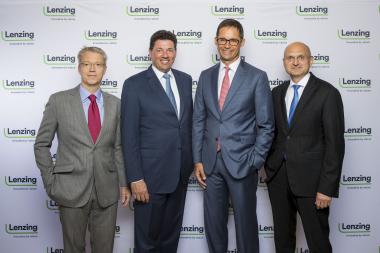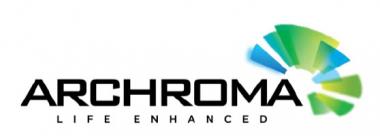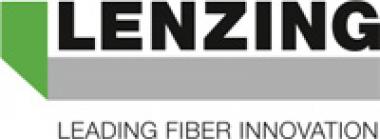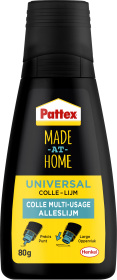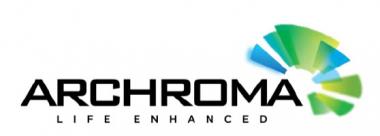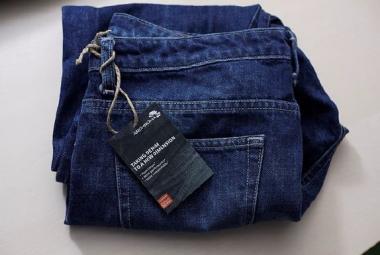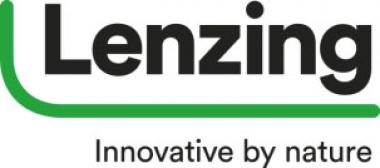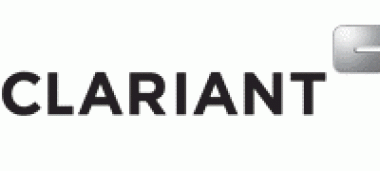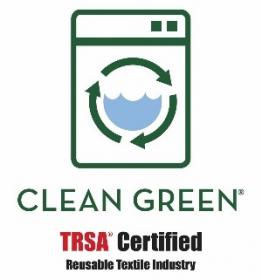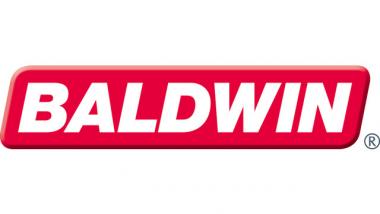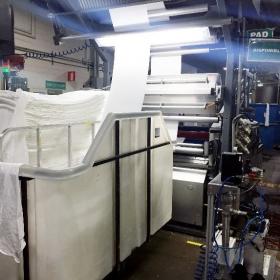H&M, Coop Denmark join NGO ChemSec
Fashion giant H&M Group and Danish retailer Coop are joining chemical expert NGO ChemSec’s call to action to end the use of harmful PFAS chemicals in products and supply chains.
This commitment comes on the same day as award-winning actor Mark Ruffalo and director Todd Haynes address the EU Parliament to speak about the true story that inspired the duo’s latest film Dark Waters, in which an environmental attorney takes on chemical giant DuPont and exposes decades of PFAS pollution.
ChemSec’s corporate PFAS initiative includes:
- A call on policy makers to regulate PFAS efficiently, without the possibility for manufacturers to simply swap one PFAS chemical for an unregulated “cousin”.
- A call on the chemical industry to put money into innovation and develop safer alternatives to PFAS for all kinds of products.
- A recognition that PFAS are a major health and environmental problem.
- A serious commitment to end all non-essential PFAS uses in products and supply chains.
- A call on all other brands to join this commitment and work towards a phase-out of PFAS in all kinds of consumer products.
The single biggest problem with PFAS is that, with very few exceptions, they are perfectly legal to use. This means that the brands and retailers who want to stop it from being used as ingredients in their products have very limited ways of communicating this in the global supply chain. As long as there is not a restriction in place, suppliers will continue to use these very effective chemicals in manufacturing.
PFAS, short for per- and polyfluoroalkyl substances, is a chemical family consisting of almost 5,000 industrially produced chemicals. In manufacturing, PFAS are favoured for their durability and well-functioning properties; they provide properties such as non-stick, water repellence and anti-grease to many types of products, including cosmetics, food packaging, frying pans, outdoor gear and firefighting foam.
The industrial use of PFAS has been so prevalent in the last decades that today 99% of every human, including foetuses, have measurable levels of PFAS in their bloodstreams.
What is worrying is that human epidemiological studies have found associations between PFAS exposure and a number of health disorders, including various cancers, lowered birth weights and negative effects on the immune system.
Chemsec









